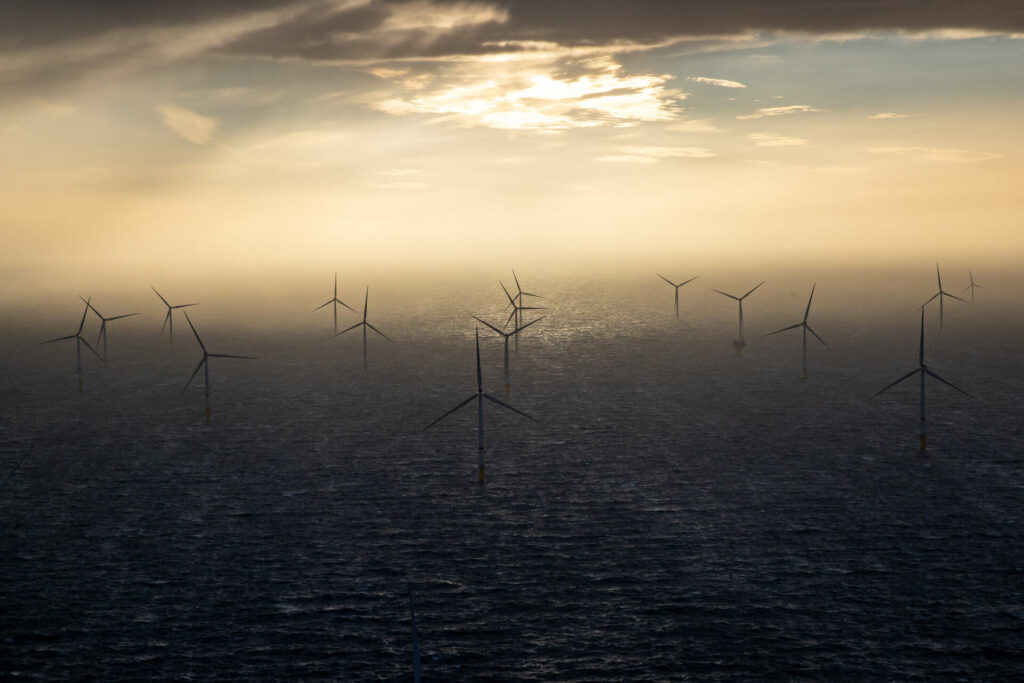As a crisis contribution for energy producers, Federal Energy Minister Tinne Van der Straeten proposes to skim off all their profits above €130/Megawatt-hour (MWh) for a period of two years and call for a solidarity contribution of 1.5 cents per litre on petrol and diesel.
At the meeting of EU energy ministers last Friday, a legal framework was agreed on to skim off the excess profits of companies that produce electricity at low costs, such as nuclear power plants and renewable energy producers, and are making exceptionally high profits now.
While the EU ministers want Member States to apply a cap of €180/MWh – meaning anything energy companies earn above that threshold will be able to be skimmed off – from 1 December to 30 June 2023 (seven months), Van der Straeten wants to go several steps further with the €130/MWh cap for two years.
However, the European Commission is allowing Member States to go beyond that €180/MWh threshold, both in terms of revenue cap and time period. "In my proposal, I use the same method but I go further than Europe," Van der Straeten said, explaining that the EU clarity was needed for the Belgian framework.
Self-extinguishing system
On Flemish radio on Monday morning, Van der Straeten's colleague and Deputy PM for the Green party Petra De Sutter explained that this is legally permissible. "The EU has clearly stated that Member States are allowed to set that limit lower, and also to extend the deadline."
Van der Straeten would like to introduce the system retroactively from 1 January 2022 to 31 December 2023, extending the period to 24 months instead of the seven agreed at the European level. "If prices drop below €130/MWh again, that tax will go away so it is a system that is self-extinguishing."
The measure should bring Belgium €1.2 billion in 2022, and possibly €2.3 billion in 2023. "Money that should serve to protect families and businesses from unaffordable bills," De Sutter said.
For petrol and diesel, Van der Straeten also asks for a solidarity contribution of 1.5 cents/litre for this year and the next – which should bring in €600 million a year. However, the legal text is yet to be approved by the Federal Government.
Related News
- Doel 3: Shutdown confirmed for Friday despite politicians' pleas
- EU ministers agree on 'skimming off' energy producers excess profits
- Nuclear operators owe Belgian State €83 million
Taking into account both sums, the crisis contribution could raise €4.7 billion that can be deducted from energy bills; a "maximum estimate," said De Sutter. "The final amount still depends on the energy prices that will be there next year and the decision the government will take."
"Europe says the money must return to families and companies, so it cannot simply serve to solve a budget deficit," she said. "Although it will help the budget indirectly, because it is obvious that we will have to extend the existing measures in 2023. And for that, these excess profits are very welcome."

